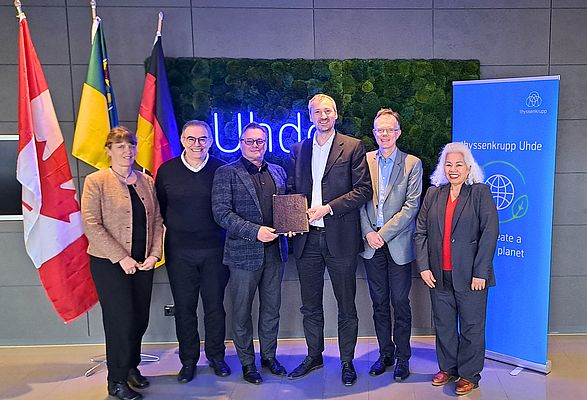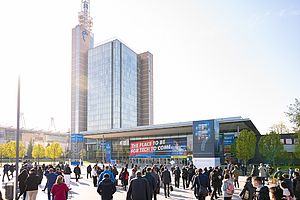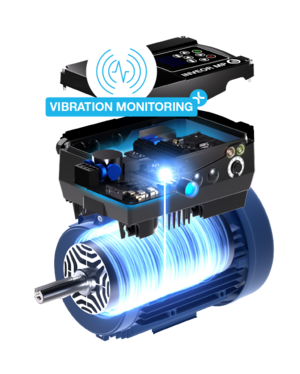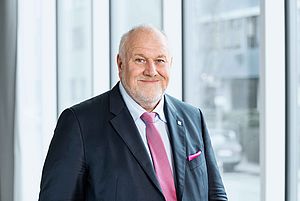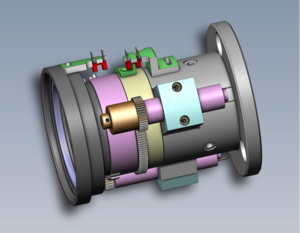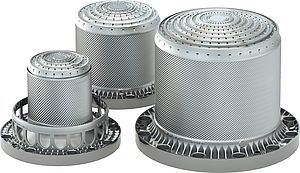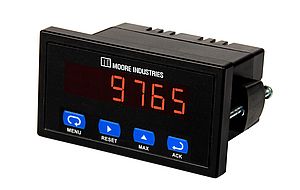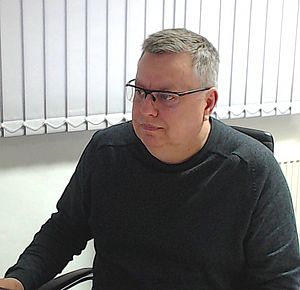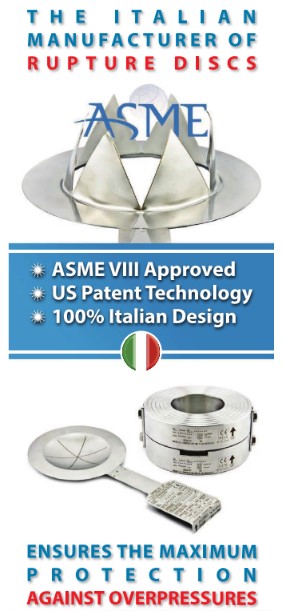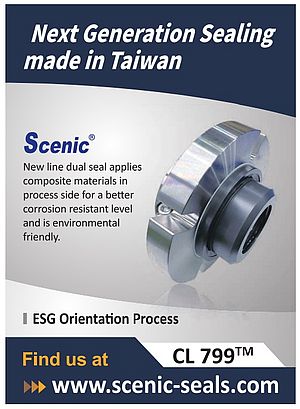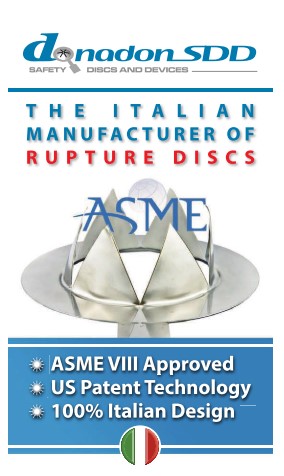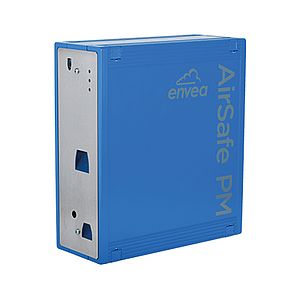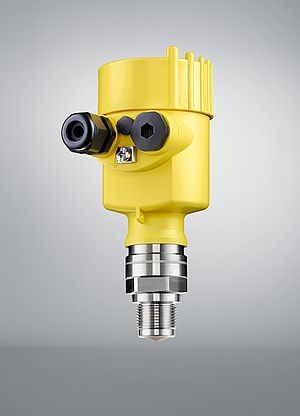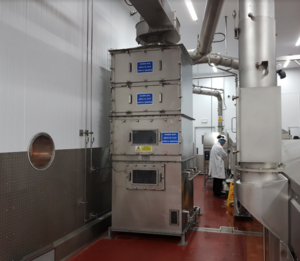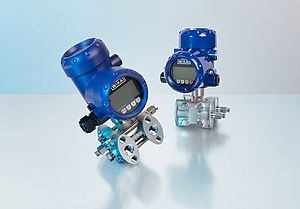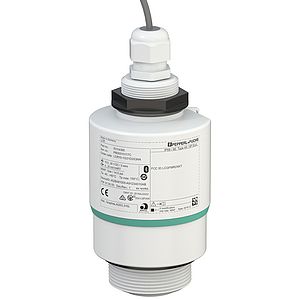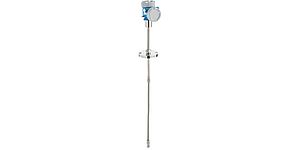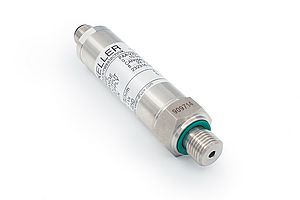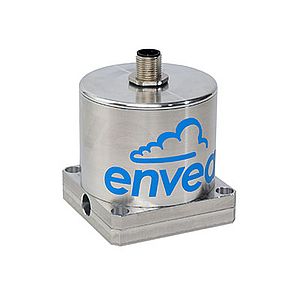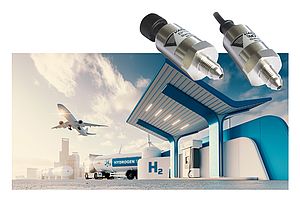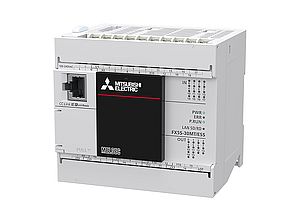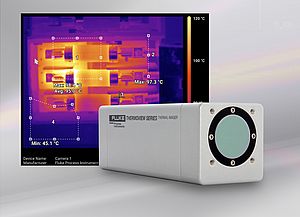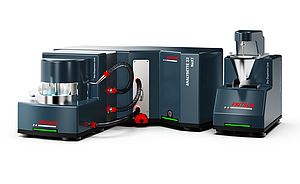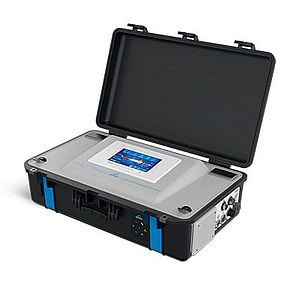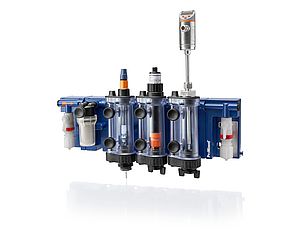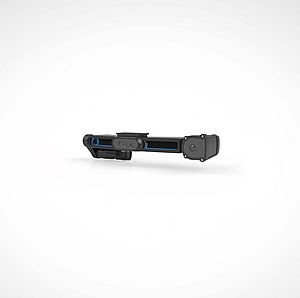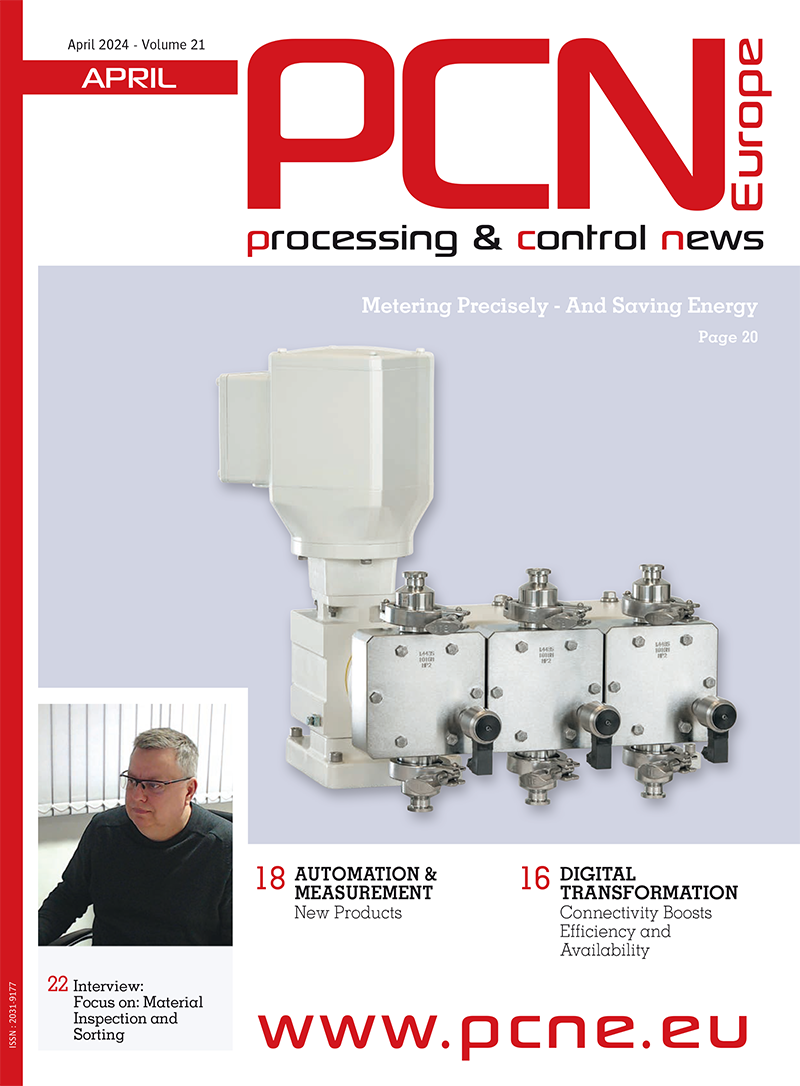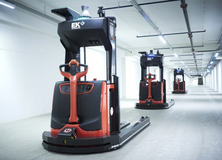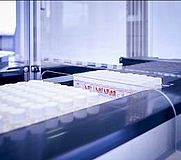thyssenkrupp Uhde and Genesis Fertilizers Limited Partnership ("Genesis Fertilizers”) have signed a Pre-FEED (frontend engineering and design) contract to conceptually develop an integrated fertilizer complex to be located at Belle Plaine, Saskatchewan in Canada. The proposed plant will be designed to produce 1,500 mtpd (metric tons per day) of ammonia, 2,600 mtpd of urea/UAS granulation, nitric acid and UAN plus the ability to produce Diesel Exhaust Fluid (DEF).
Focus on emission reduction
thyssenkrupp Uhde will provide engineering solutions for the integration of the above-listed objectives as a component of this Pre-FEED arrangement, with a key focus on minimizing plant emissions. thyssenkrupp Uhde's proven EnviNOx® technology, for example, will almost completely eliminate nitrogen oxides from nitric acid production. Furthermore, the design of the plant will consider the potential use of renewable-based hydrogen and electricity.
Jason Mann, President and CEO of Genesis Fertilizers: “Our primary goal is to ensure the supply of fertilizers to the farmers in Western Canada based on the most advanced technologies available with the lowest possible carbon footprint. We are pleased to be working with a strong industry partner that offers expertise in all the processes and technologies involved from a single source.”
Lucretia Löscher, COO thyssenkrupp Uhde: “This project is a further proof that the transition of the fertilizer industry towards more sustainability has started. Our expertise in clean fertilizer technologies and their integration is essential to support our customers on their journey to protect the climate.”
thyssenkrupp Uhde has more than 100 years of experience in the engineering and construction of chemical plants, with more than 2,500 built in total. 130 ammonia and fertilizer plants have been built, including some of the largest plants in the world.


